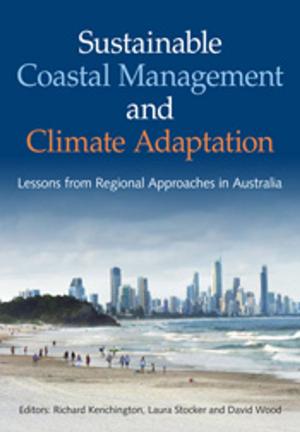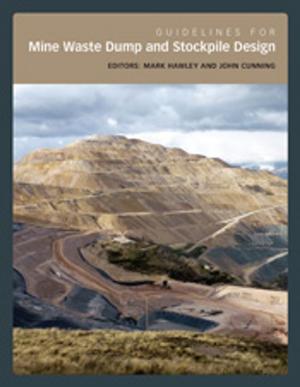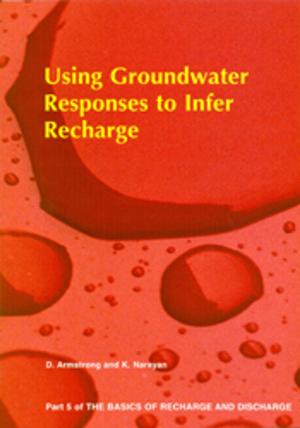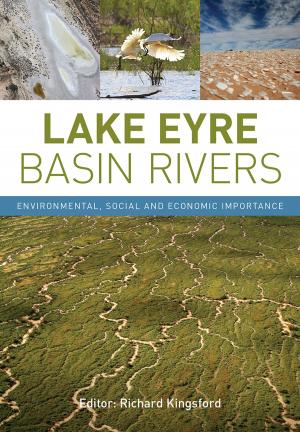Clean Energy, Climate and Carbon
Nonfiction, Science & Nature, Nature, Environment, Natural Resources, Science, Biological Sciences, Environmental Science| Author: | Peter J Cook | ISBN: | 9780643106833 |
| Publisher: | CSIRO PUBLISHING | Publication: | February 27, 2012 |
| Imprint: | CSIRO PUBLISHING | Language: | English |
| Author: | Peter J Cook |
| ISBN: | 9780643106833 |
| Publisher: | CSIRO PUBLISHING |
| Publication: | February 27, 2012 |
| Imprint: | CSIRO PUBLISHING |
| Language: | English |
With the general reader in mind, Clean Energy, Climate and Carbon outlines the global challenge of decreasing greenhouse gas emissions. It covers the changing concentration of atmospheric carbon dioxide through time and its causes, before considering the promise and the limitations of a wide range of energy technologies for decreasing carbon dioxide emissions. Despite the need to decrease carbon dioxide, the fact is that the global use of fossil fuels is increasing and is likely to continue to do so for some decades to come. With this in mind, the book considers in detail, what for many people is the unfamiliar clean energy technology of carbon capture and storage (CCS). How can we capture carbon dioxide from flue gases? How do we transport it? How do we store it in suitable rocks? What are suitable rocks and where do we find them? How do we know the carbon dioxide will remain trapped once it is injected underground? What does CCS cost and how do those costs compare with other technology options? The book also explores the political environment in which the discussion on clean energy technology options is occurring. What will a price on carbon do for technology uptake and what are the prospects of cutting our emissions by 2020 and of making even deeper cuts by 2050? What will the technology mix look like by that time? For people who are concerned about climate change, or who want to learn more about clean energy technologies, including CCS, this is the definitive view of the opportunities and the challenges we face in decreasing emissions despite a seemingly inexorable global increase in energy demand.
With the general reader in mind, Clean Energy, Climate and Carbon outlines the global challenge of decreasing greenhouse gas emissions. It covers the changing concentration of atmospheric carbon dioxide through time and its causes, before considering the promise and the limitations of a wide range of energy technologies for decreasing carbon dioxide emissions. Despite the need to decrease carbon dioxide, the fact is that the global use of fossil fuels is increasing and is likely to continue to do so for some decades to come. With this in mind, the book considers in detail, what for many people is the unfamiliar clean energy technology of carbon capture and storage (CCS). How can we capture carbon dioxide from flue gases? How do we transport it? How do we store it in suitable rocks? What are suitable rocks and where do we find them? How do we know the carbon dioxide will remain trapped once it is injected underground? What does CCS cost and how do those costs compare with other technology options? The book also explores the political environment in which the discussion on clean energy technology options is occurring. What will a price on carbon do for technology uptake and what are the prospects of cutting our emissions by 2020 and of making even deeper cuts by 2050? What will the technology mix look like by that time? For people who are concerned about climate change, or who want to learn more about clean energy technologies, including CCS, this is the definitive view of the opportunities and the challenges we face in decreasing emissions despite a seemingly inexorable global increase in energy demand.















